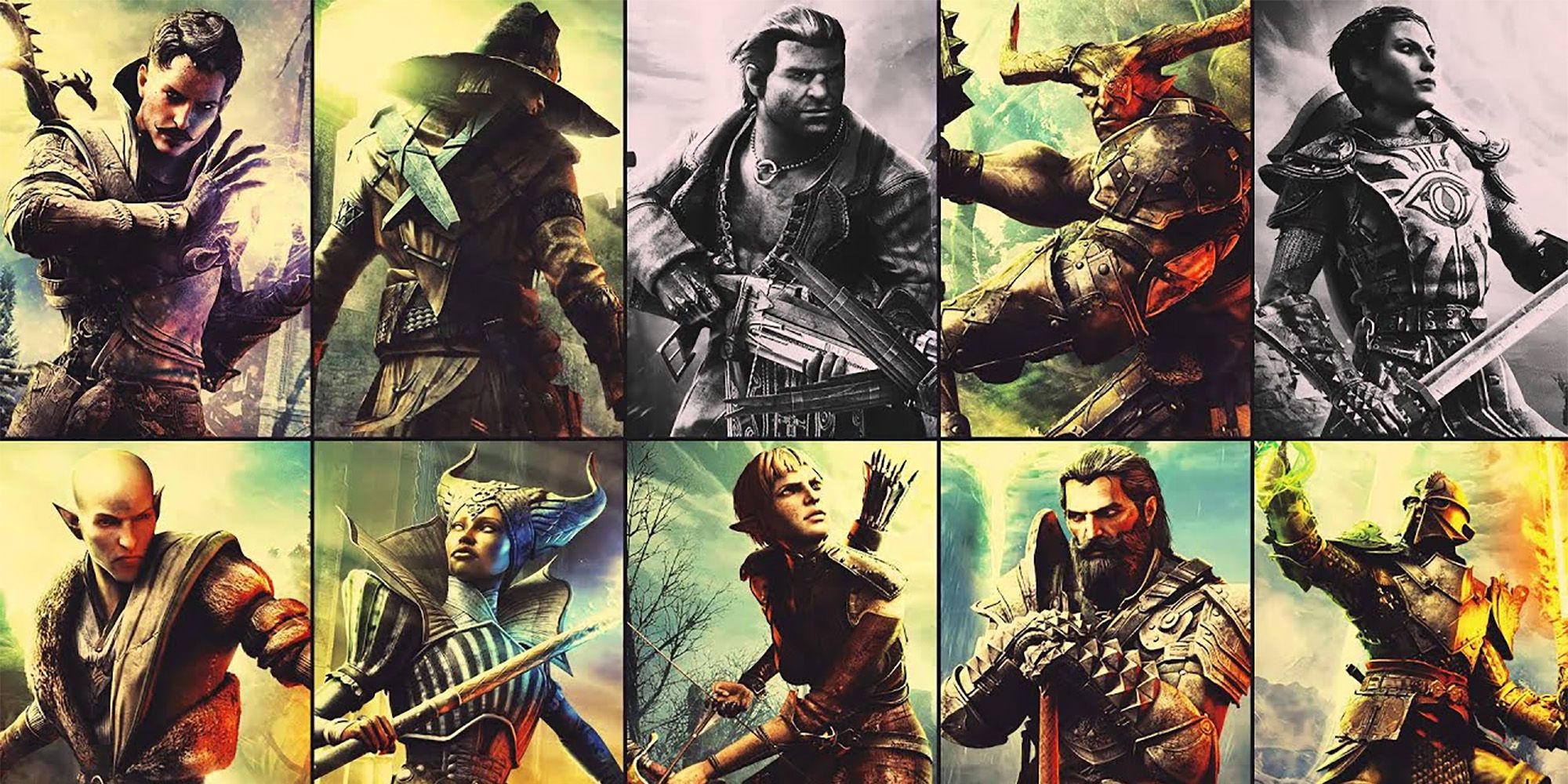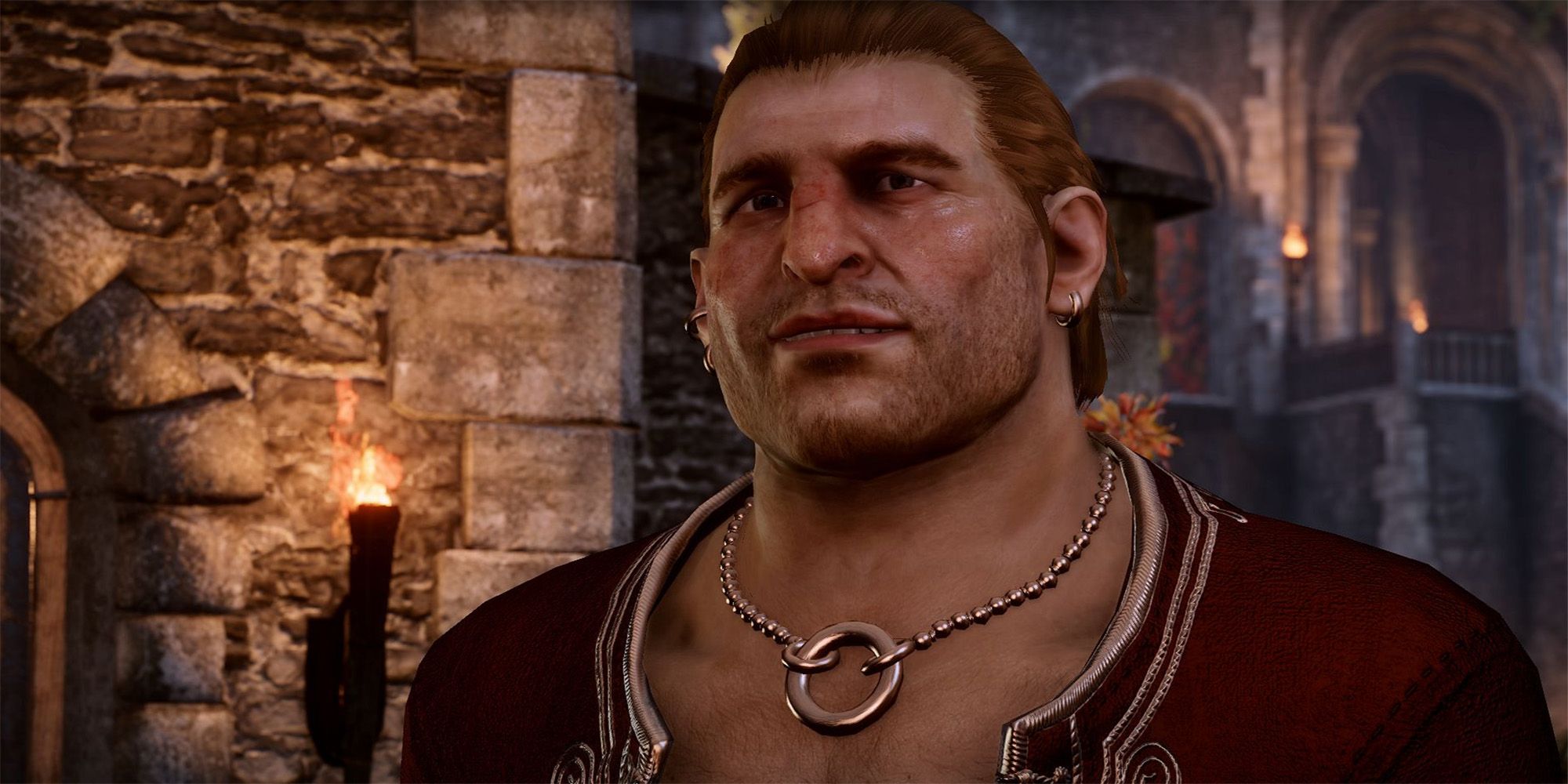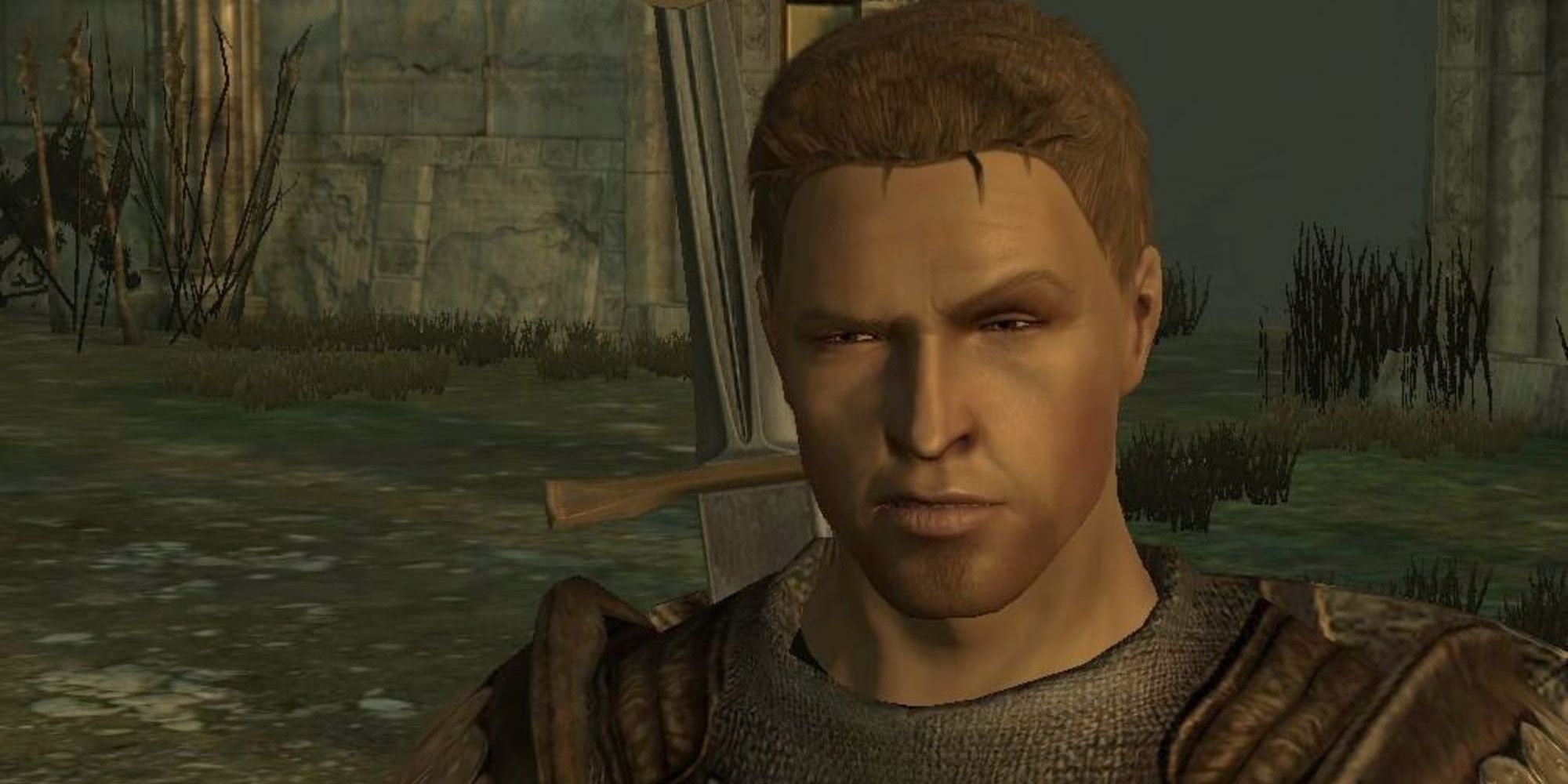
One of the exciting things about the Dragon Age franchise is that BioWare has taken party companions to the next level, granting each potential party member with essential skills to help players achieve their goals and vibrant personalities that make them feel like realistic friends, allies or even enemies. These companions suit different playstyles, from those who focus on completing the main goal to those who seek a more intimate experience.
While traveling with one's companions through Thedas, regardless of the Dragon Age game, players will come across quests, goals and challenges that are only achievable with a certain party build. After choosing your class, it's important to try and create a balanced party to guarantee that there is at least one person in the party who can handle whatever might arise.

For players who want to be sure they have everything they need to carry out tasks while traveling, it's essential to have a rogue, a mage and a warrior in the party, especially while playing Inquisition. Inquisition added a lot of challenges that required specific classes to access certain areas. There were walls only a tank could break down, broken and magic-activated or warded areas that couldn't be accessed without a magic-user and locked chests and doors only experienced rogues could lockpick their way into.
Across all three games, having an experienced rogue in the party offered someone who could disarm traps before the rest of the party stumbled upon them and lockpick their way into seemingly forbidden areas that might contain priceless gear, loot and codex information. Pouring plenty of skill points into Cunning while building roguish party members meant chests became easier for them to open along the way.

Another one of Dragon Age's unique qualities is building relationships with party members to garner their approval or disapproval. Companion approval levels dictate the player's interactions with them and certain outcomes of events, and each game has quests that revolve specifically around fostering or negating those friendships. Paying attention to party-specific quests before embarking on them will signal whether or not a party member needs to be present in order to activate, further or complete those quests.
There are also certain questlines that significantly impact the player's relationship with companions even if the quest isn't specific to that companion. For example, in Dragon Age 2, having Fenris present while talking with Keeper Mirithari about giving Merrill the Arulin'holm can spark his disapproval if Hawke is willing to give in to Merrill's requests to fix the mirror, and knowing that ahead of time allows the player to either take him along to build enmity or leave him behind to avoid earning disapproval points.
Similarly, in Inquisition, there are a number of minor quests granted by companions. For example, Blackwall asks the Inquisitor to locate Grey Warden-specific objects all around Thedas, and though it doesn't garner negative points if he is not in the party, players will earn a significant boost in his approval if he's there.

In Origins, the party faces hordes of darkspawn, dragons and numerous other terrors; Dragon Age 2 sees Hawke and party fighting back plenty of mages and templars, as well as darkspawn, dragons, bandits and more; and Inquisition ramped up the enemy list even more, adding several incredibly difficult dragon fights on top of cultists, mages, templars, darkspawn and a corrupted darkspawn magister who wanted to become a god.
Knowing the types of enemies one will be facing before entering into the fray can help you build an optimal party for the situation. For example, if you know you're entering into battle with angry mages, bring a templar warrior who can negate their magical effects. Fighting off darkspawn tends to be easier with a Grey Warden in the party because Wardens are immune to the taint. Missions that require stealth tactics go much easier with a party wearing light armor -- especially if that party has spent the majority of their life learning how to be sneaky.

Another neat thing about Dragon Age is how interactive and personal the party companions can be with one another. The player isn't the only one building relationships with their fellow companions; the party build relationships with each other along the way, and those relationships are often reflected in their party banter. Characters who don't necessarily get along, like Alistair and Morrigan in Origins, Anders and Fenris in Dragon Age 2, and Sera and Vivienne in Inquisition, share interesting and unique conversations, often taking repeated jabs at each other while walking around.
Companions also learn from each other, expanding their views and horizons. One great example of this is the bond that forms between Solas and Cole in Inquisition. Solas, a renowned spirit-enthusiast, takes great pleasure in talking with Cole about spirits and the Fade, as well as Cole's abilities and strange reactions to the world. Listening to the companions talk can even offer the player insight into other things going on in the game that they might have otherwise missed.
Regardless of one's playstyle, there are countless ways to build a party, each of them capable of providing players with the experiences they crave. Taking time to experiment with different party builds can change up the game, making each playthough feel like a new game.
0 Comments